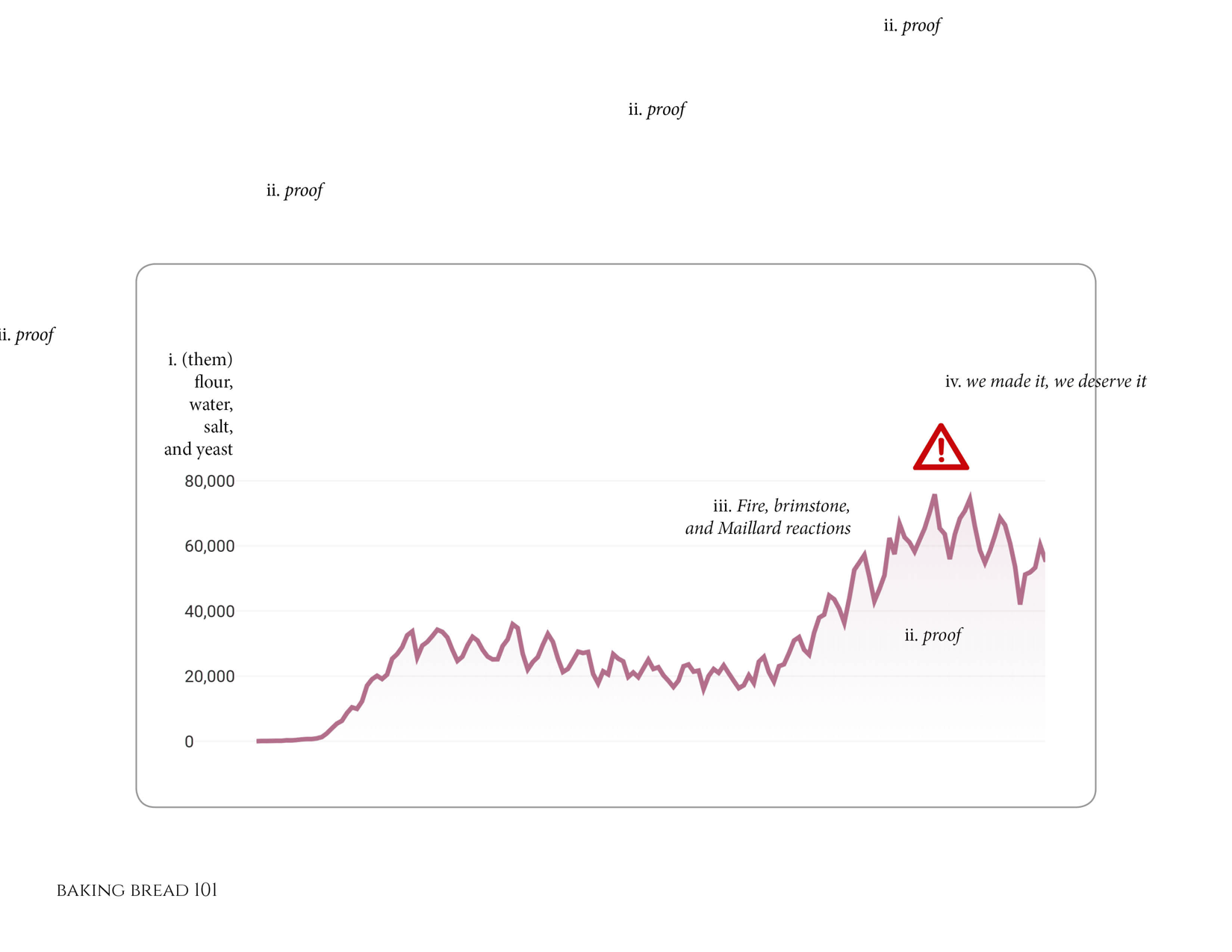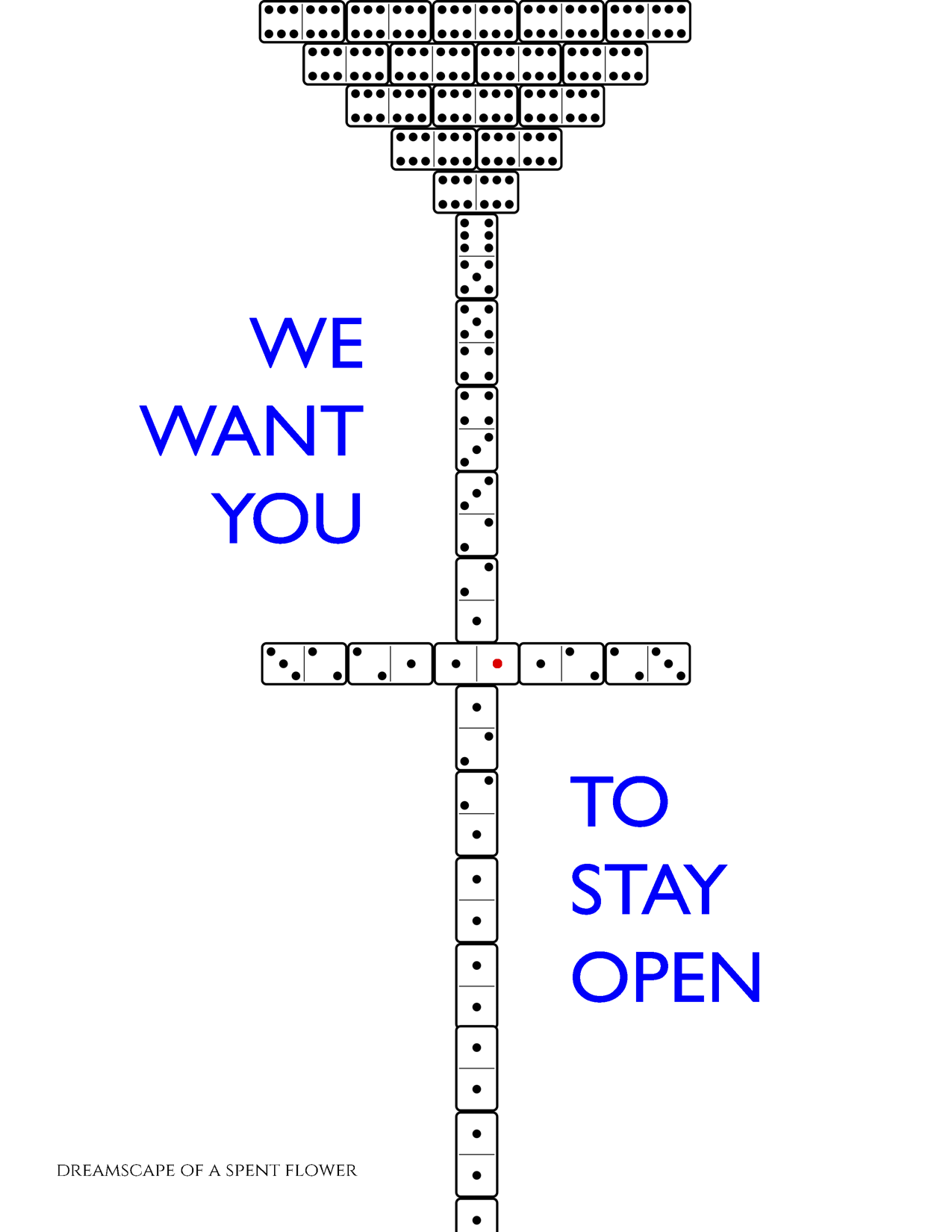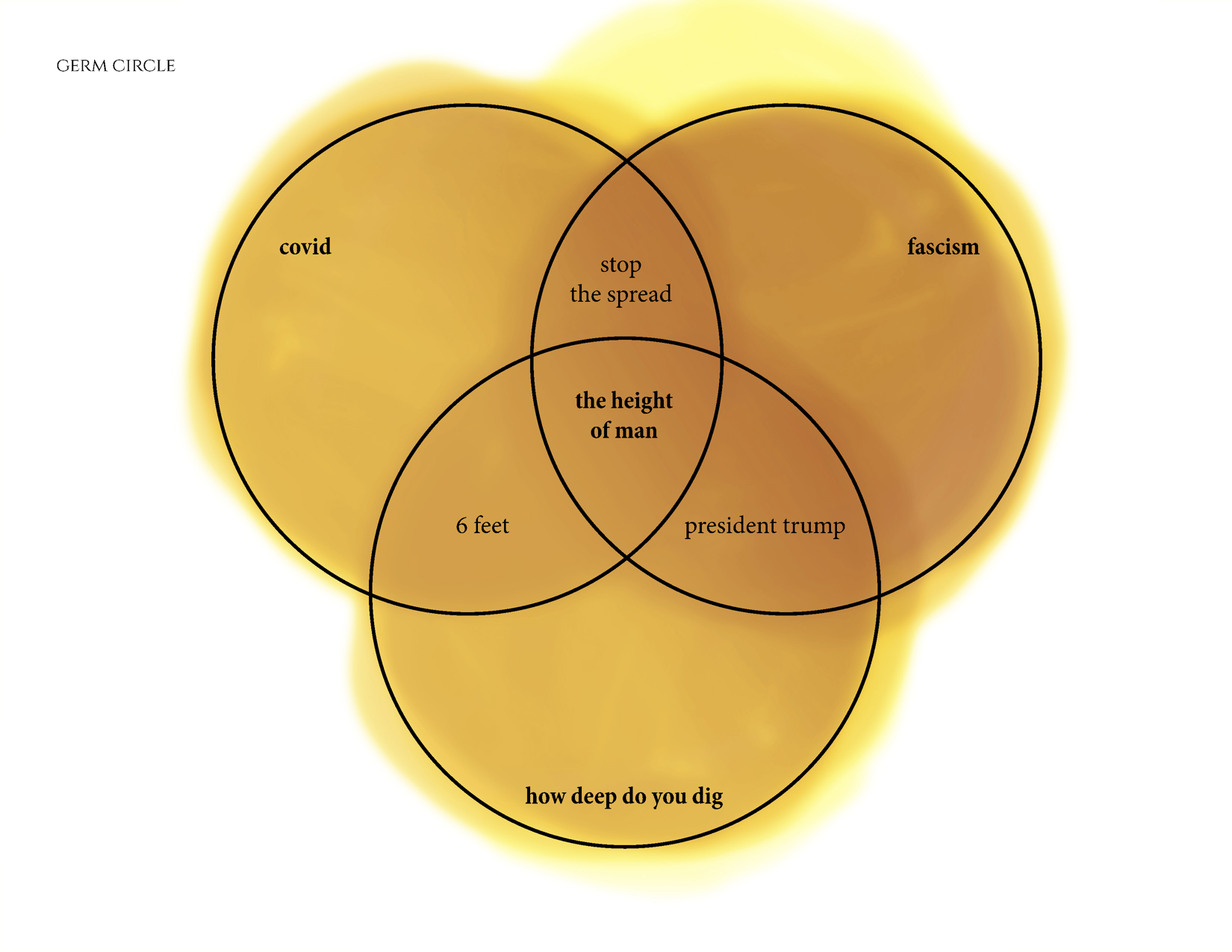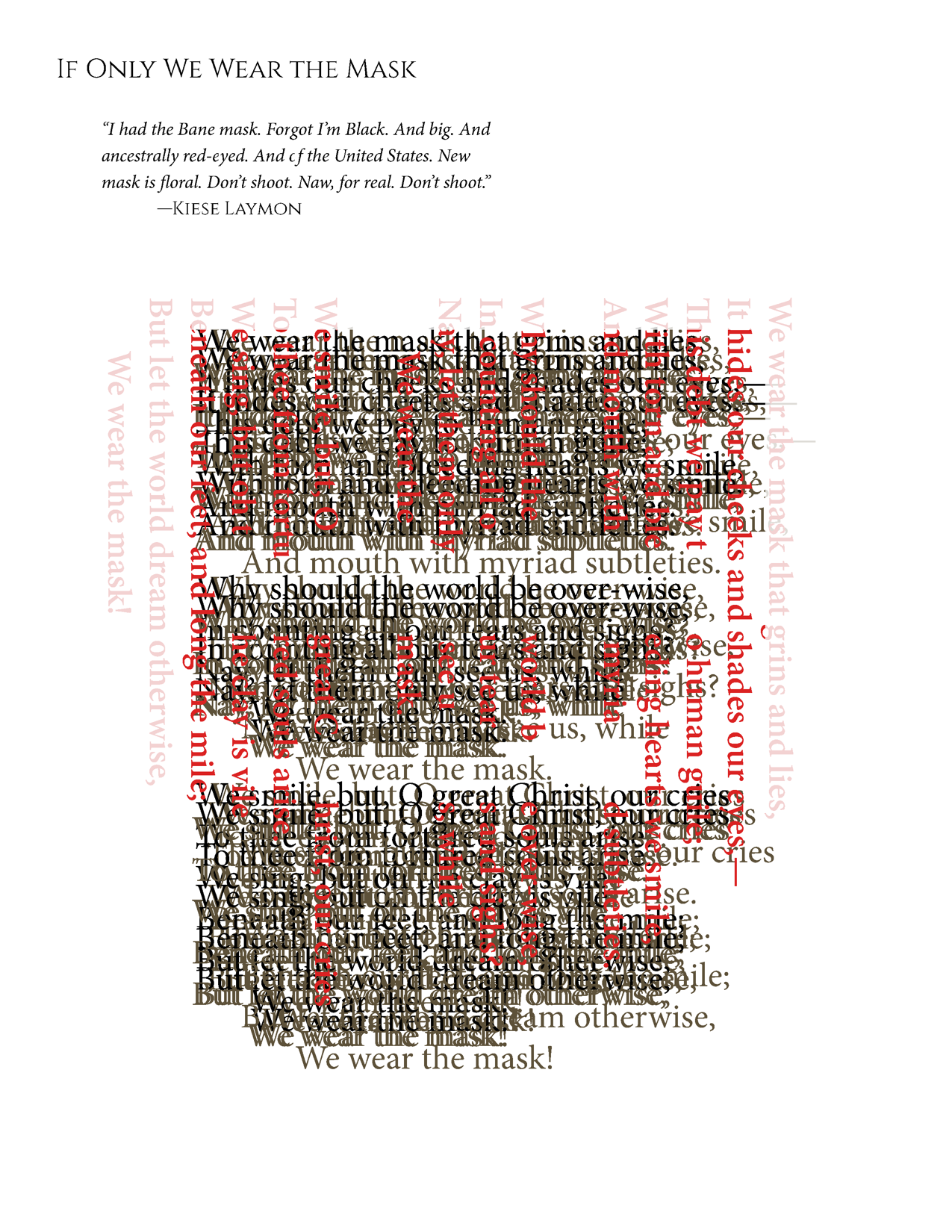Keith S. Wilson
Project Description
Poet Keith S. Wilson is interested in the way that language, even supposedly neutral language, can change in an instance. The weight of it is a reflection of the gravity of the world, and so words and phrases that we once felt great distance from, carry an intensity that didn't exist this same time last year. This is true even of sounds, a sneeze or cough. In his poetry Keith S. Wilson merges images and words. He thinks it’s more important than ever, under rising fascism, to remember our words mean something.
UNITED STATES | POET
Keith S. Wilson is a game designer, an Affrilachian Poet, and a Cave Canem fellow. He is a recipient of an NEA Fellowship, an Elizabeth George Foundation Grant, and an Illinois Arts Council Agency Award, and has received both a Kenyon Review Fellowship and a Stegner Fellowship. His book, Fieldnotes on Ordinary Love (Copper Canyon), was recognized by the New York Times as a best new book of poetry, 2019.
I've found it impossible sometimes to formulate language. The world is a hard place in the best of times, and these are not the best of times. I've tried to find a way to listen, and sometimes that listening becomes a way to speak.













The Process: Keith S. Wilson
*Temporary hours* is a diary of sorts. It is a collection of many of the forces that arose, very suddenly, at the start of 2020. It feels to me now that everything is a sign. I hope we are able to change it.
When the pandemic hit, I was in the middle of what was supposed to be a one-month residency in Connecticut. I am very Luckily, my residency was extended to 3 months (to which I am very grateful). I spent this time writing. Or trying to.
I almost never left the apartment, and when I did, I took photos of the signs, noticed how the small community in which I was an obvious outsider treated each other and treated me, and collected small snippets of text and conversations. "The germ cycle in animals" is one example of the kind of poem that arose from that process—one in which the incidental alienation that comes from visiting a new place (or visiting any place as a person of color) became intensified as people settled into what some folks are calling the "new normal."
And then it was time for me to leave. I rented a car and drove back to Chicago, where, by this time, massive protests against police brutality had begun. As afternoon approached evening, I found myself stuck in traffic. Troops stood around, casually waiting for large groups of cyclists to group together for that day's protests. And as I returned to my neighborhood, I was able to see how it had changed since the world had changed: boarded up windows, hardly anyone on the street, lines to get into stores, and masks among those who lined the sidewalk. And so the received language and images of my poetry changed again.